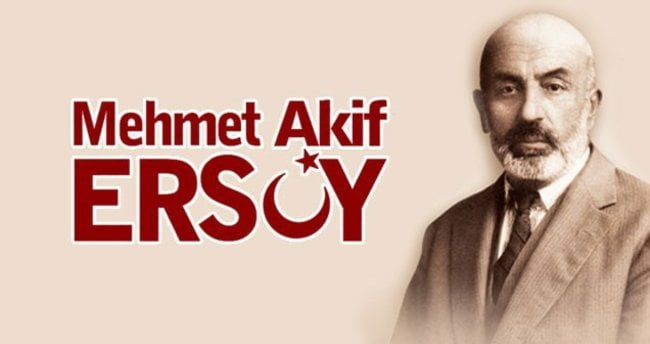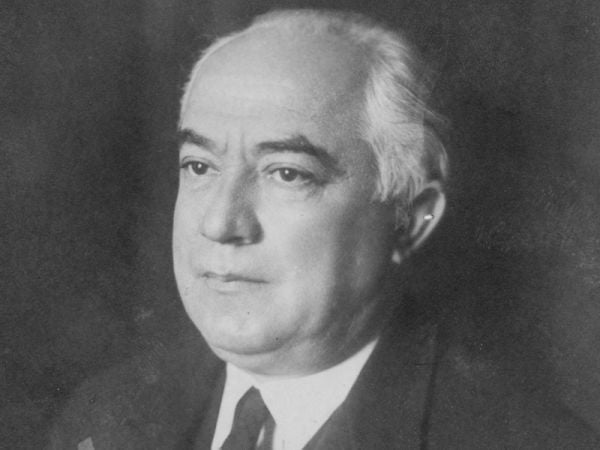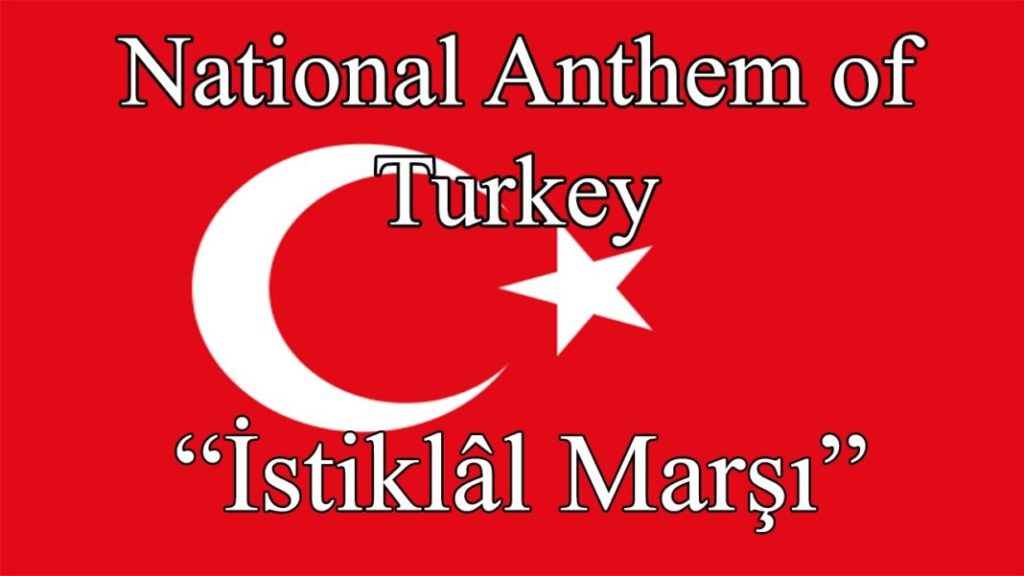A motivational musical saga for the troops fighting in the Turkish War of Independence and an aspirational anthem for a Republic that was yet to be established …
Frequent visitors to Turkey will have come across examples of how patriotic the Turkish people are. The Turkish flag, for example, is absolutely everywhere and is treated with such high regard and respect that there are even rules and laws that protect this respect. For example, it is not allowed to burn the Turkish flag.
Another thing that highlights their patriotism is the Turkish National Anthem, İstiklal Marşı.
It is regularly heard during state and military events, as well as during national festivals, Bayram holidays, sporting events, and school ceremonies.
The Turks love it and sing along at the top of their voices. Passers-by stop and join in – in fact, where possible, everything stops for the National Anthem.
İstiklal Marşı
The İstiklal Marşı (Independence March), was officially adopted as Turkey’s national anthem on 12 March 1921, two-and-a-half years before the 29 October 1923 establishment of the nation, both as a motivational musical saga for the troops fighting in the Turkish War of Independence, and as an aspirational anthem for a Republic that was yet to be established.
The present-day anthem is a collective effort by several prominent poets, musicians, and composers that took form over several years due to the relatively tumultuous nature of the period in which it was crafted.
Even before the full official dissolution of the Ottoman Empire, a nationwide competition was organized in 1921 by the Turkish National Movement, an independent and self-organized militia force led by Mustafa Kemal Atatürk
The goal of the competition was to select an original composition suitable for a National March, intended to both motivate the militia forces fighting for independence across the country and to provide inspiration and pride for a new homeland that would be established once victory was achieved.
Lyrics & Music
724 poems were submitted to the competition organised for this March, and a poem written by the poet Mehmet Akif Ersoy was adopted unanimously by the Turkish Grand National Assembly.

Twenty-four composers participated in another competition arranged for the selection of a musical composition for the National Anthem. The Council, which was only able to convene in 1924 due to the War of Independence, adopted the music composed by Ali Rifat Çagatay. The words of the National Anthem were sung to this music for six years. The music of the National Anthem was then changed to an arrangement written by Zeki Üngör, conductor of the Presidental Symphonic Orchestra, and the words of the National Anthem have been sung to this musical accompaniment ever since.

The lyrics of the Turkish National Anthem consist of a long poem with 41 lines of verse. Only the first 8 lines are performed in official ceremonies.
Korkma! Sönmez bu şafaklarda yüzen al sancak,
Sönmeden yurdumun üstünde tüten en son ocak.
O benim milletimin yıldızıdır, parlayacak;
O benimdir, o benim milletimindir ancak.
Çatma, kurban olayım, çehreni ey nazlı hilal!
Kahraman ırkıma bir gül; ne bu şiddet, bu celal?
Sana olmaz dökülen kanlarımız sonra helal…
Hakkıdır, Hakk’a tapan milletimin istiklal.
Fear not; For the crimson banner that proudly ripples in this glorious dawn, shall not fade,
Before the last fiery hearth that is ablaze within my homeland is extinguished.
For that is the star of my people, and it will forever shine;
It is mine and solely belongs to my valiant nation.
Frown not, I beseech you, oh thou coy crescent!
Smile upon my heroic nation! Why the anger, why the rage?
Our blood which we shed for you shall not be worthy otherwise;
For freedom is the absolute right of my God-worshipping nation!
Next time you’re in Fethiye and you hear the İstiklal Marşı, stop, listen and let the patriotism of the Turkish people flow through you…
Sources: nationalanthems.info/Wikipedia
This article was first published on 7th March 2018.








